PLUS: COVID-19 vaccine is key to helping countries recover from setbacks in human capital outcomes.
| Having trouble seeing this email? |
| |
| |
| |
| Economic inclusion programs help boost the income and assets of the world's poorest individuals and households with a "big push" of coordinated interventions. These programs are on the rise in 75 countries around the world, reaching approximately 20 million households and benefitting nearly 92 million individuals, according to the latest State of Economic Inclusion Report 2021. | | | |
| |
 | | | | The emergence of new, more transmissible variants has led to further large-scale shutdowns and redoubles the urgency of vaccination. Recovering from setbacks in human capital outcomes will depend greatly on the successful deployment of vaccines. | | | |  | | | | In January 2021, the Resilience Rating System was being piloted in more than 20 World Bank projects across all regions, covering sectors in human development, infrastructure, and sustainable development. The new rating system provides guidance on developing climate-resilient projects and is a way to assess what projects are doing to increase climate resilience. | | | | |
| |
| "As the COVID-19 pandemic continues to have devastating consequences globally, new vaccines offer a ray of hope. However, the economic and poverty implications of the pandemic are enormous. Economic recovery and jobs are front and center in the minds of decision-makers. Should resilient environmental projects be pushed back? We believe the answer in West Africa is no." — Ede Ijjasz-Vasquez, Maria Sarraf, and Simeon Ehui, January 27 | | | | |
| |
| |
| |
| Join our next #OneSouthAsia live conversation to hear how three women entrepreneurs are navigating the pandemic and tapping regional opportunities to create jobs, contribute to economic growth, and reduce gender gaps. South Asia has the world's lowest rate of women entrepreneurs, with just 18% of small, medium and large businesses principally owned by a woman. Tune in live January 29th at 8am ET. | | | | |
| The COVID-19 pandemic has caused major disruptions in the global economy that could have lasting adverse effects. If history is any guide, the global economy is heading for a decade of growth disappointments. Join this key discussion on the reforms needed to spur growth following the economic damage caused by the COVID-19 pandemic. The conversation with experts will touch on many of the themes and findings from the latest Global Economic Prospects report, launched by the World Bank. | | | | |
|
| |
| |
 |
| More than 80% of @WBG_IDA-eligible countries' debt stock is owed to multilateral and bilateral creditors. Find out what that means during the #COVID19 crisis and what the @WorldBank is doing to help |
 |
| Did you know? #Lebanon becomes 1st country to receive our support to fund the procurement of #COVID19 vaccines! |
| |
| |
| |
| |
| 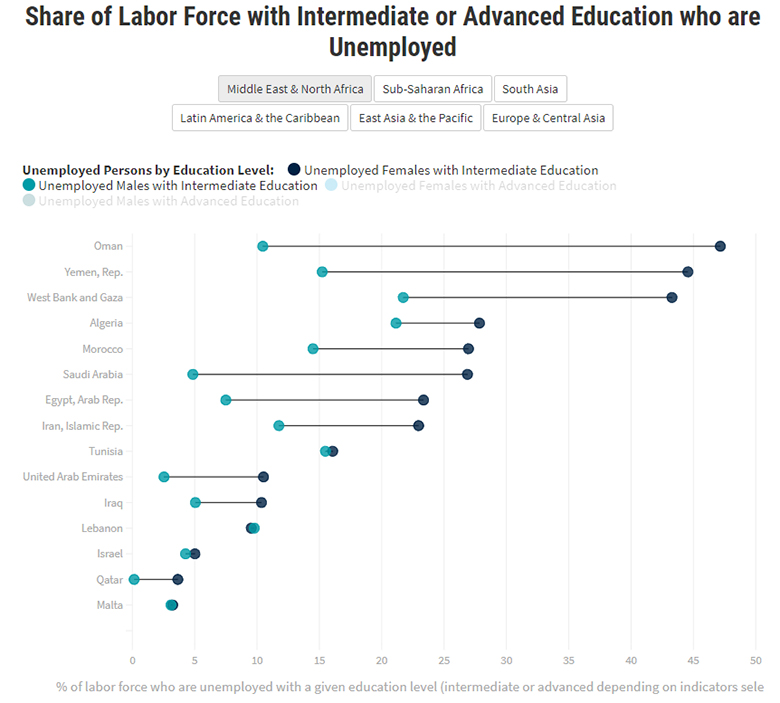 Estimates of the unemployed labor force who have intermediate education (upper secondary or post-secondary non-tertiary education) show that women are more likely to be unemployed than men. For more than half the countries for which there are data in the Middle East & North Africa region - about 1 in 4 women with intermediate education are unemployed and about 1 in 3 women with advanced education are unemployed. Read More>> Estimates of the unemployed labor force who have intermediate education (upper secondary or post-secondary non-tertiary education) show that women are more likely to be unemployed than men. For more than half the countries for which there are data in the Middle East & North Africa region - about 1 in 4 women with intermediate education are unemployed and about 1 in 3 women with advanced education are unemployed. Read More>>
|
| |
| Accredited journalists may obtain advance access to reports and information by registering with the Bank's Online Media Briefing Center, a password-protected site for working journalists. Material in this newsletter is copyrighted. Requests to reproduce it, in whole or in part, should be addressed to pubrights@worldbank.org For more information visit our website: worldbank.org. Access to Information | Other Bank Newsletters | Privacy Policy |
|

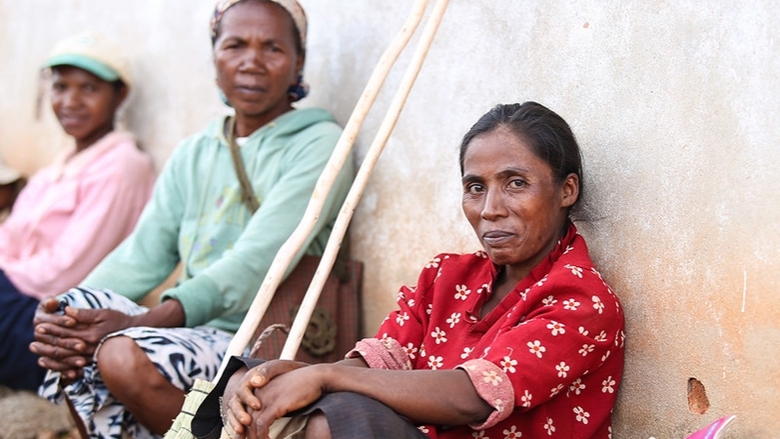


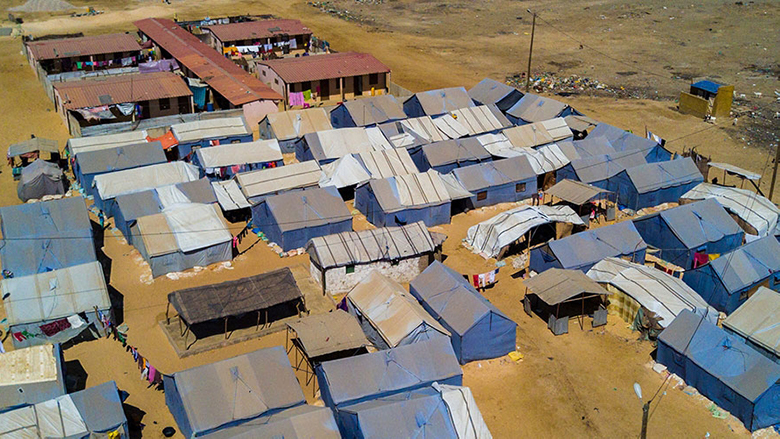
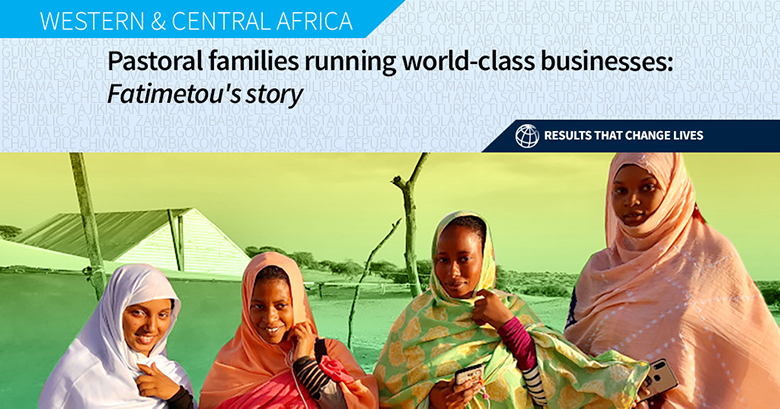

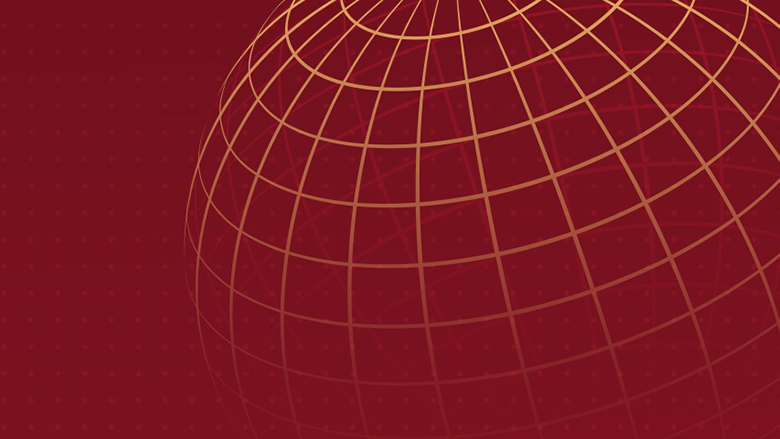

No comments:
Post a Comment